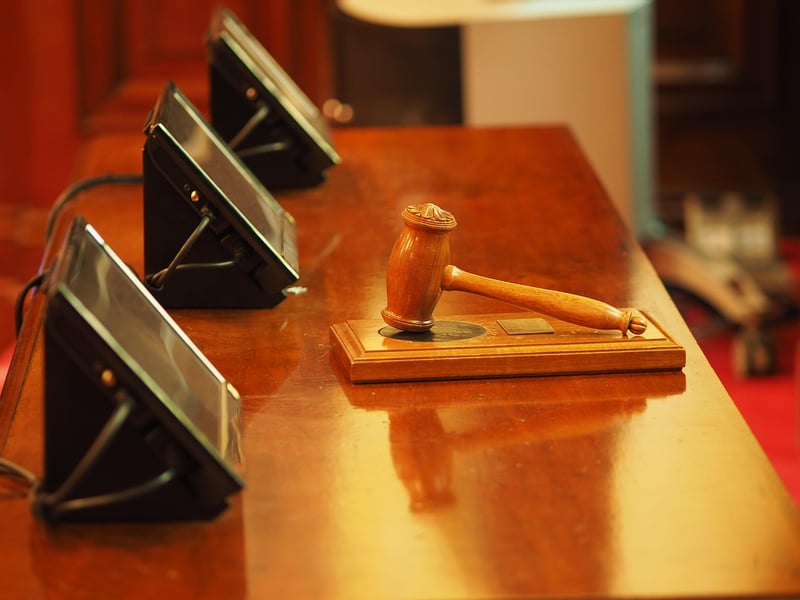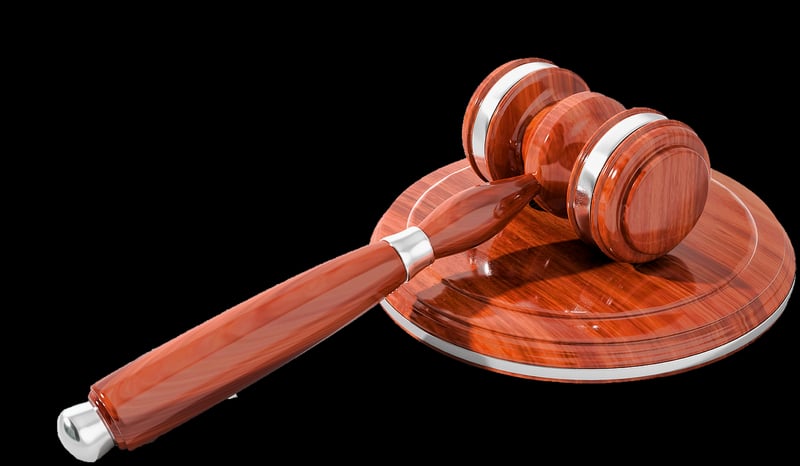Temporal Jurisdiction
Understanding Legal Aspects and Temporal Jurisdiction
When it comes to legal matters, one crucial aspect that often comes into play is temporal jurisdiction. This concept refers to the authority of a court or a legal system to apply laws based on the time when an alleged offense occurred. Understanding temporal jurisdiction is essential for ensuring fair and just legal proceedings.
Legal Aspects
Legal aspects encompass a wide range of considerations within the legal field. These may include laws, regulations, contracts, rights, and responsibilities that individuals and entities must adhere to. It is crucial to have a clear understanding of the legal aspects relevant to a particular situation to ensure compliance and avoid legal issues.
Key Points:
- Understanding laws and regulations
- Contractual obligations
- Protection of rights
- Legal responsibilities
Temporal Jurisdiction
Temporal jurisdiction determines which laws apply to a specific case based on the time period in which the alleged offense took place. It ensures that legal actions are governed by the laws that were in effect at the time of the incident. Temporal jurisdiction helps maintain consistency and fairness in legal proceedings.
Factors Influencing Temporal Jurisdiction:
- Date of the alleged offense
- Changes in laws over time
- Statutes of limitations
- Retroactive laws
Importance of Temporal Jurisdiction
Temporal jurisdiction is essential for upholding the principles of justice and ensuring that individuals are judged according to the laws that were in place at the time of their actions. It prevents retrospective application of laws and safeguards against unfair legal consequences due to changes in legislation.
By understanding legal aspects and temporal jurisdiction, individuals can navigate the legal system more effectively and protect their rights within the bounds of the law.

For more information on legal aspects and temporal jurisdiction, visit Cornell Law School's Legal Information Institute.
